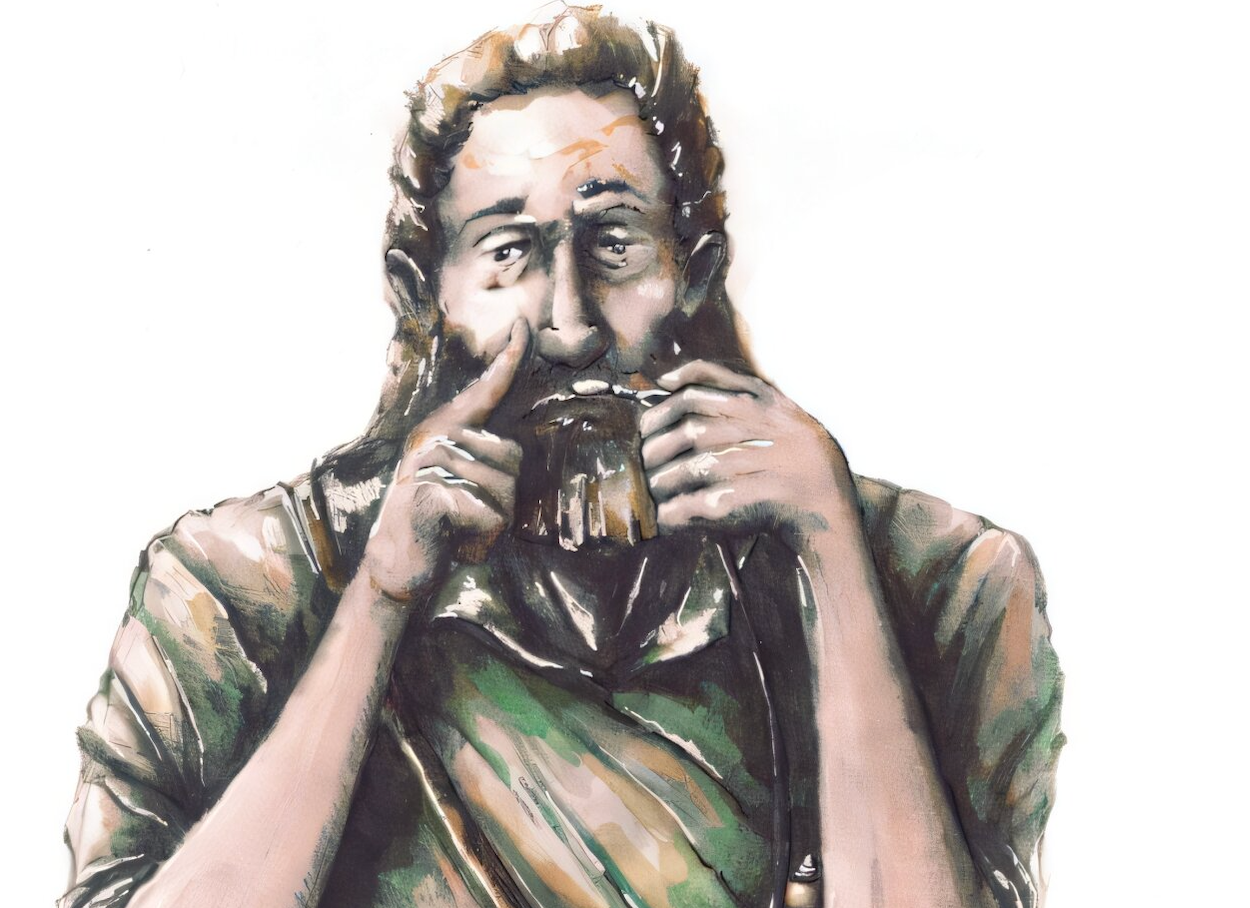Barbarians snorted stimulants during battle in Roman era, study suggests
Share:
Substances may have been derived from poppy, belladonna, hemp, henbane, or fungi. Barbarian warriors likely snorted stimulants during battle in Roman times, according to a new study that sheds more light on the fighting practices of the Germanic community.
Researchers have found hundreds of small, spoon-shaped objects at archaeological sites from the Roman period in Scandinavia, Germany and Poland over the years. Archaeologists now suspect that these objects were worn at the end of a warrior’s belt in northern Europe and used to carry and dispense stimulants during battle.
The use of narcotics like opium is well documented in ancient Greece and Rome, but barbarians living outside the Roman Empire were assumed to have generally not used stimulants drugs apart from alcohol. In the latest study, published in the journal Praehistorische Zeitschrift, researchers categorised 241 spoon-shaped objects found at 116 marsh and grave sites dating from the Roman era. The objects were mostly between 40 and 70 millimetres long with either a concave bowl or flat disk at one end, measuring 10-20mm across.
The objects were usually found alongside warfare items and thought to have been attached to a man’s belt. “It turned out that all of them were found together with elements of war equipment,” researchers said. Archaeologists now believe these spoons were likely used to quickly measure the right stimulant dose during battle to produce desired effects and reduce chances of overdosing.






















